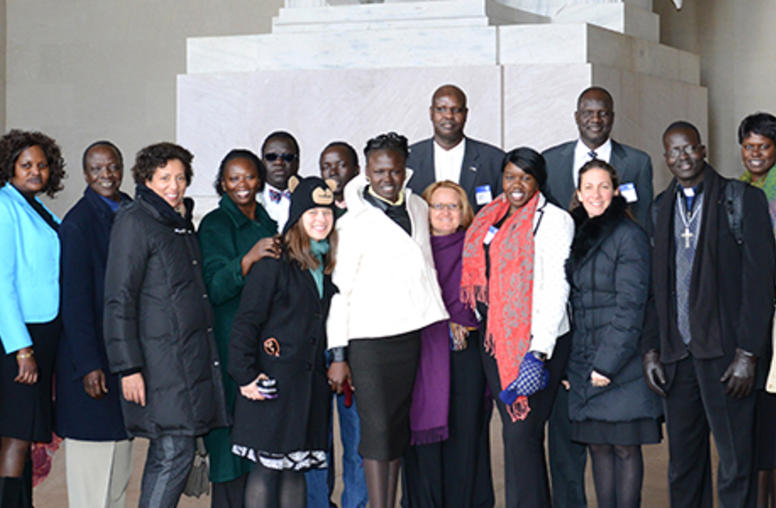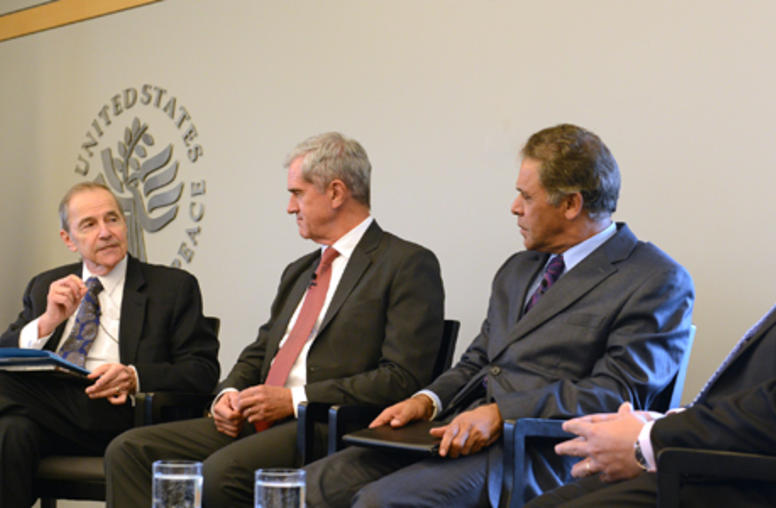Morality and Foreign Policy: Realpolitik Revisited
Focusing on post-World War II American foreign policy and its intellectual architect, George Kennan, this volume explores the moral dimensions of realpolitik and the ethical dilemmas posed by present-day politics. Is Kennan responsible for persuading the U.S. foreign policy establishment that morality should go by the wayside? Or was Kennan right to regard as "presumptuous" the idea that Americans should tell other societies how to behave? Kennan gives his own influential view in an article reprinted here from Foreign Affairs (1985/96). (Workshop 6)



